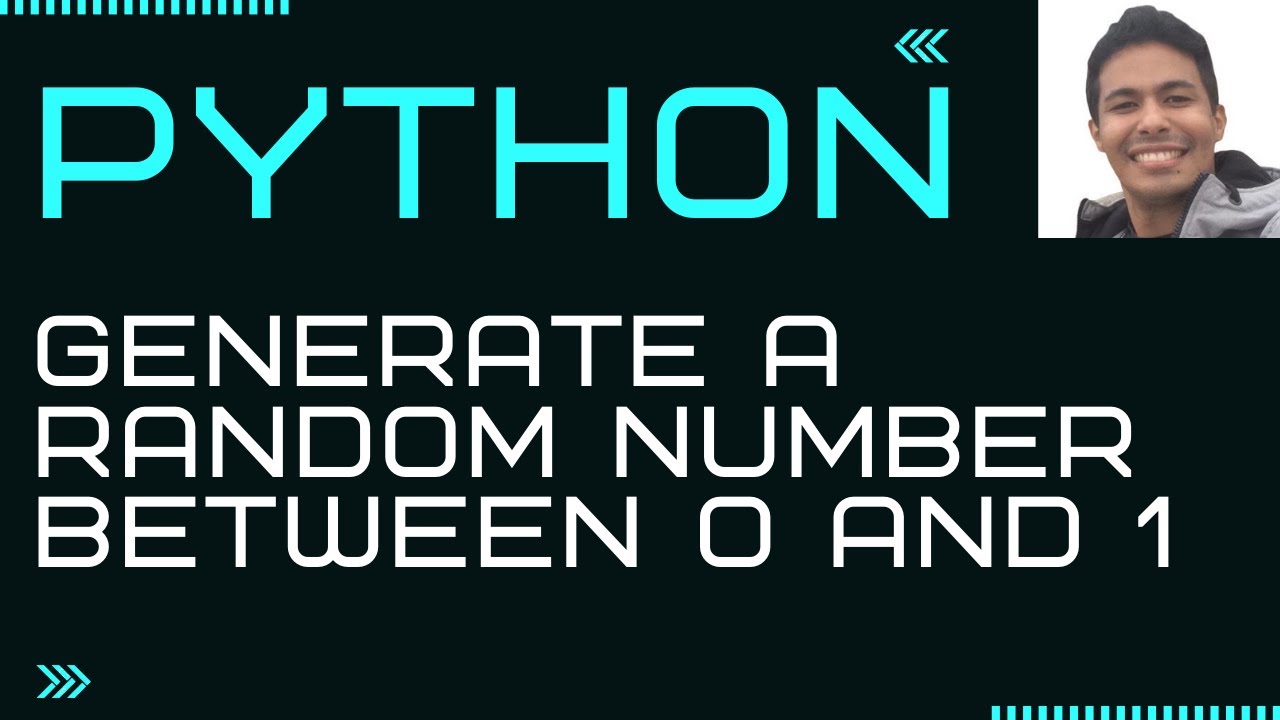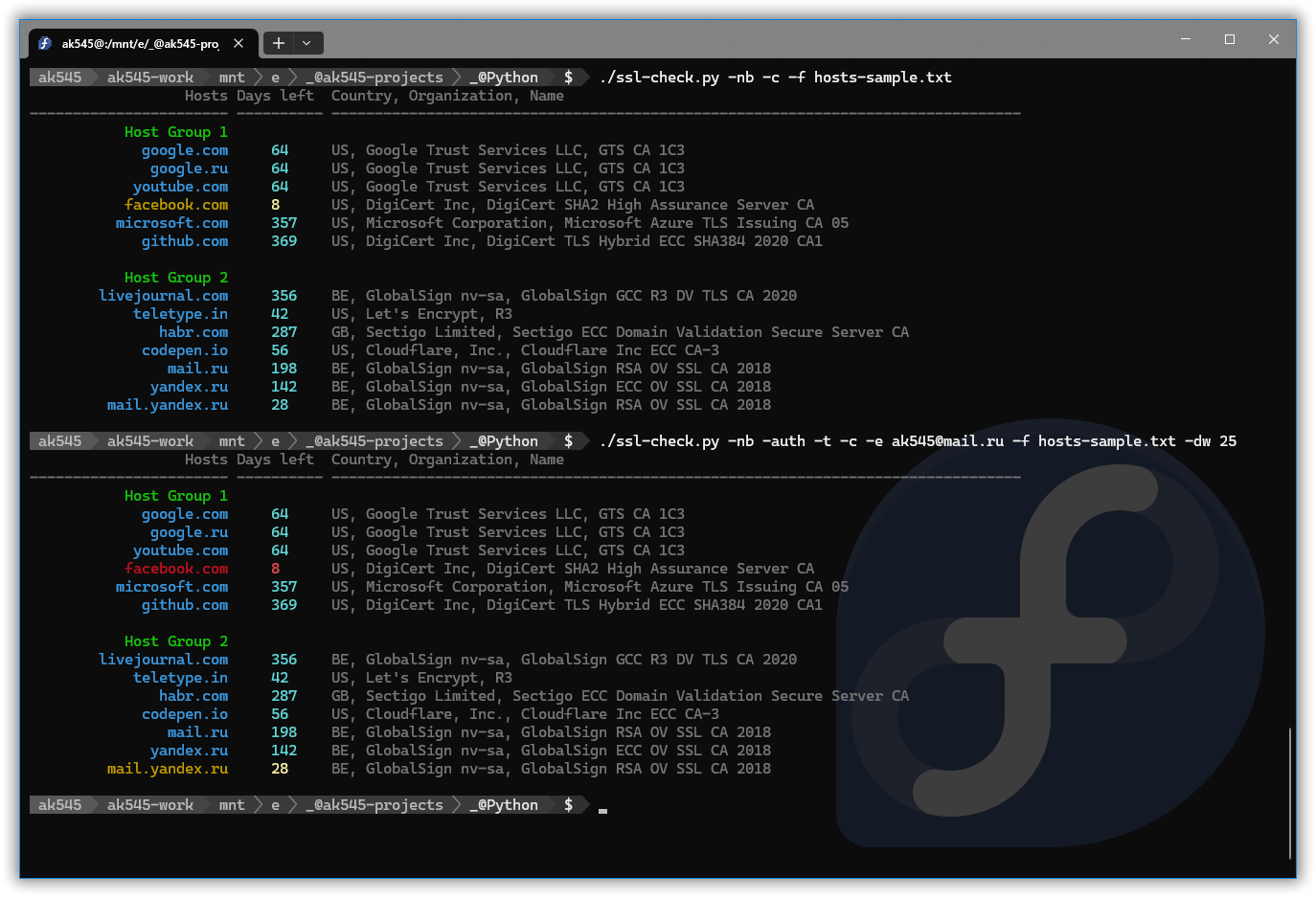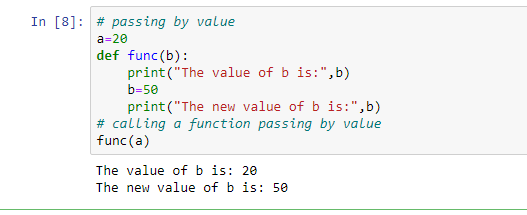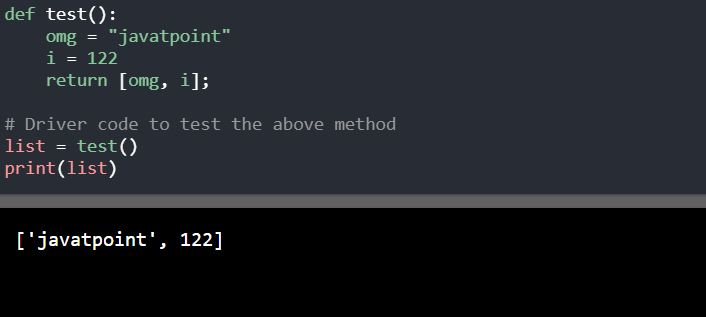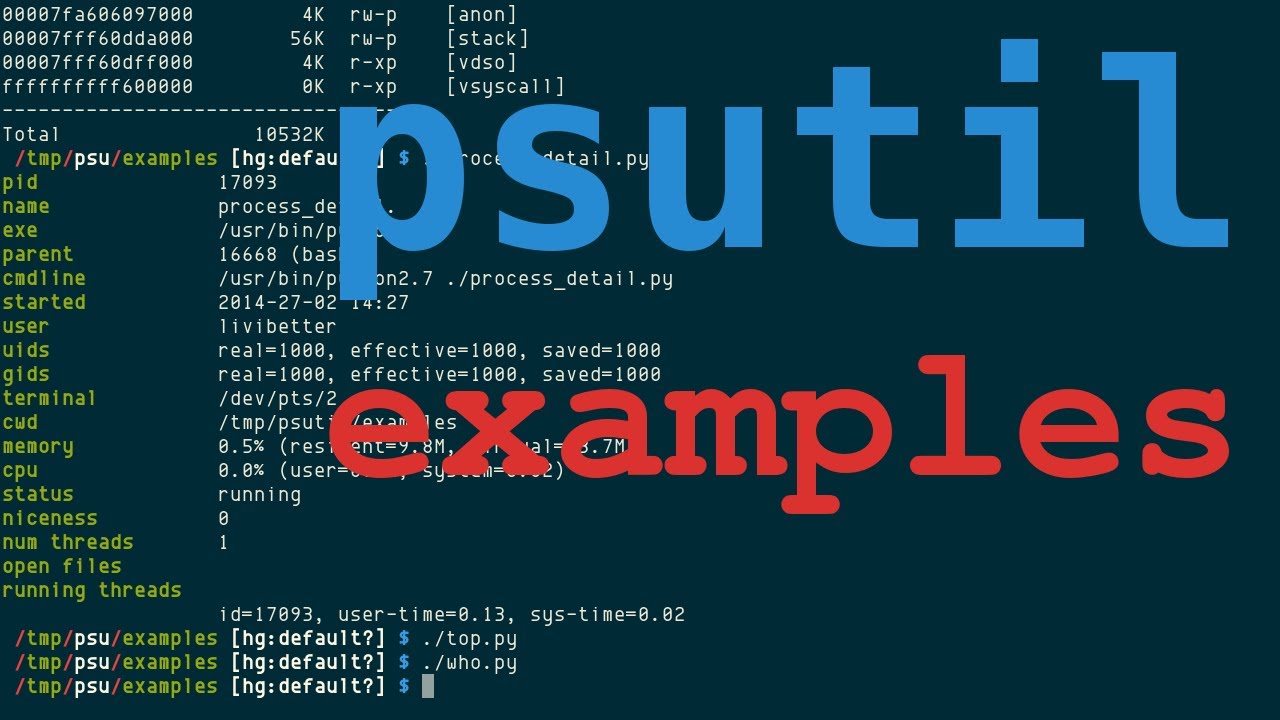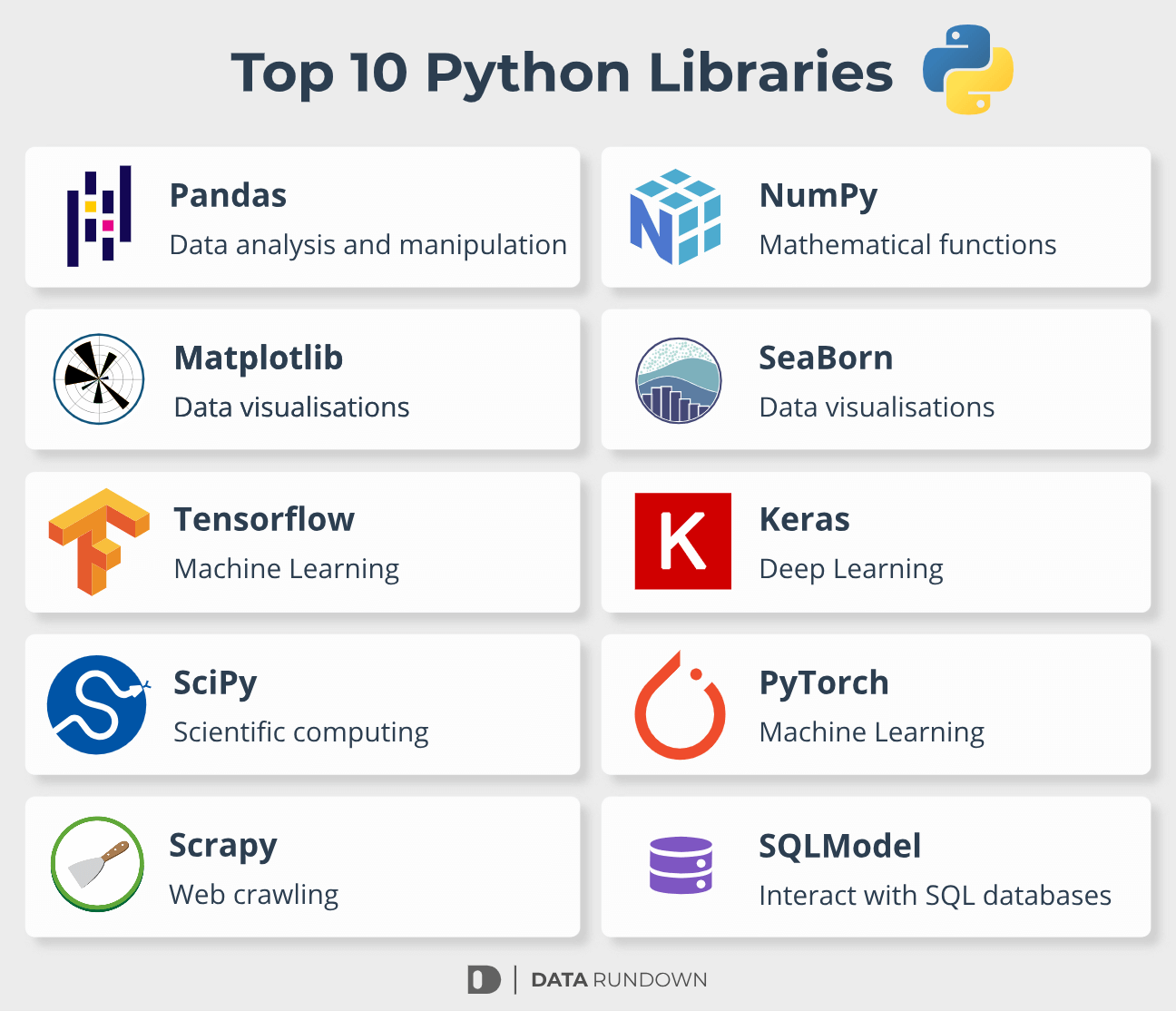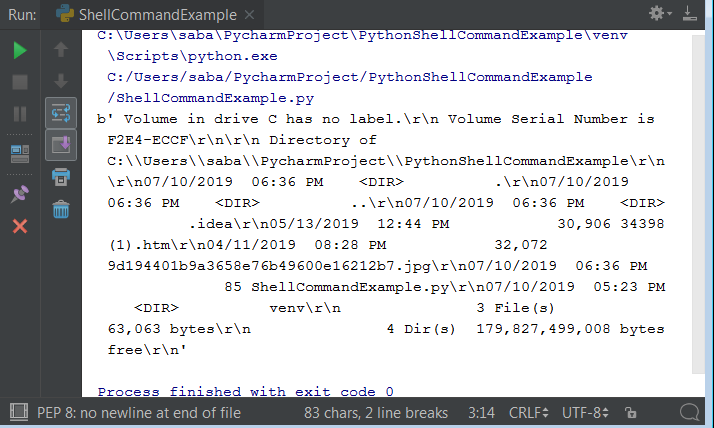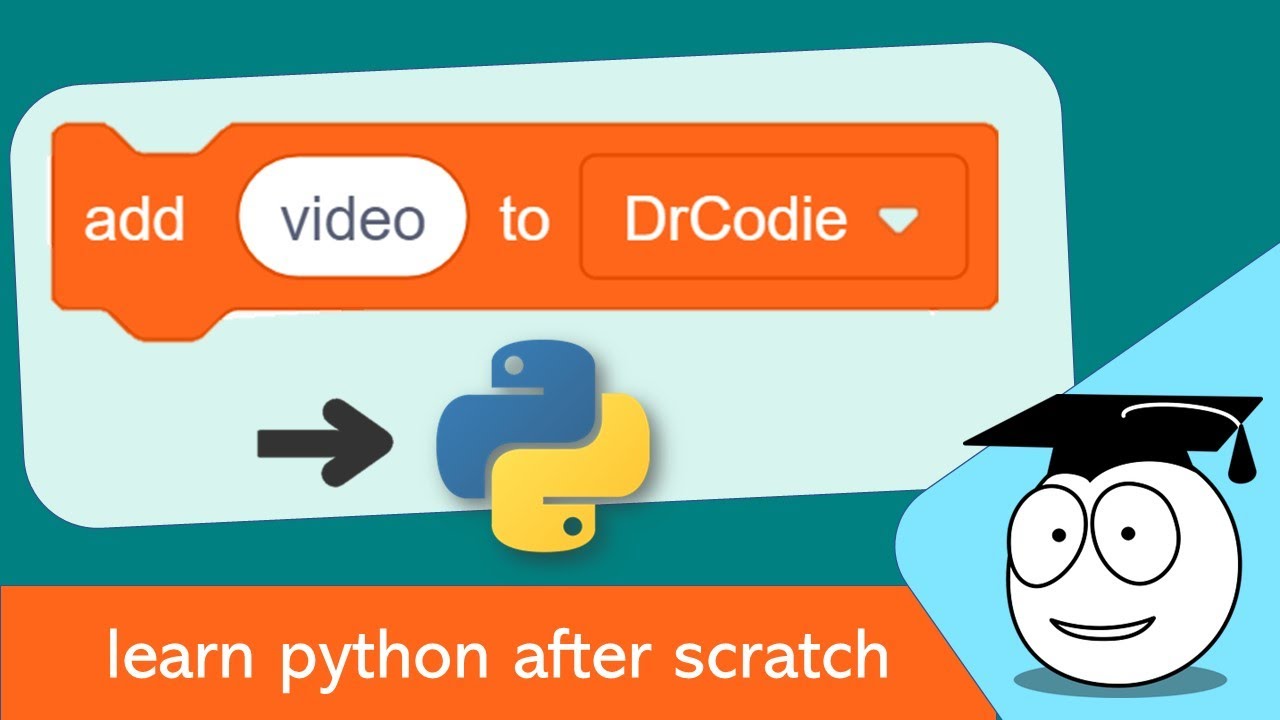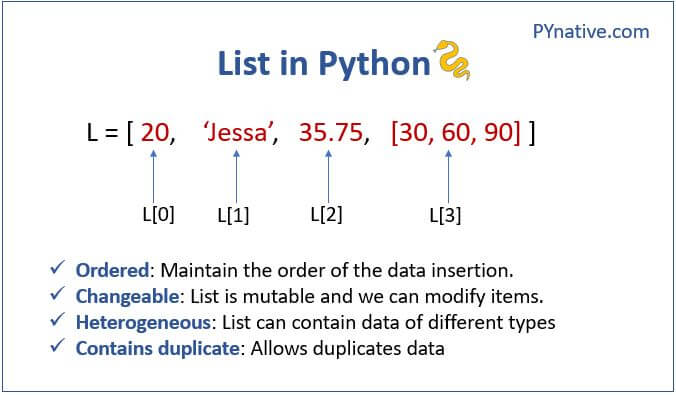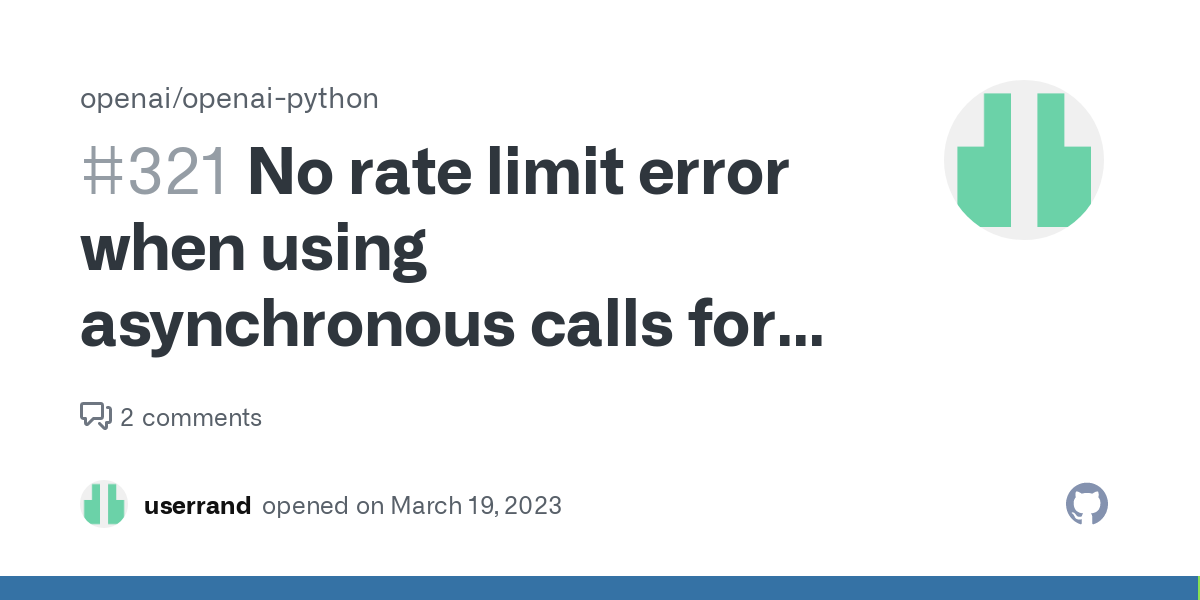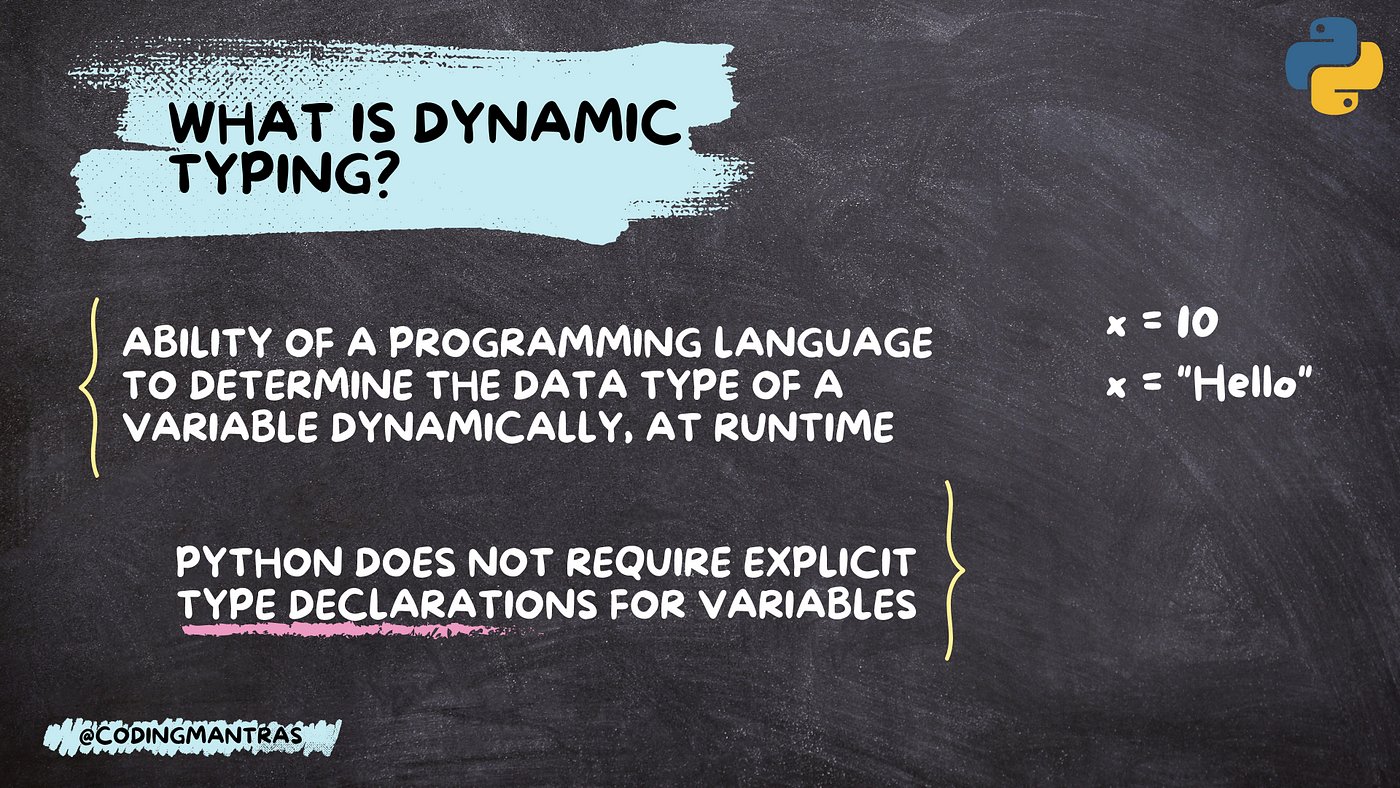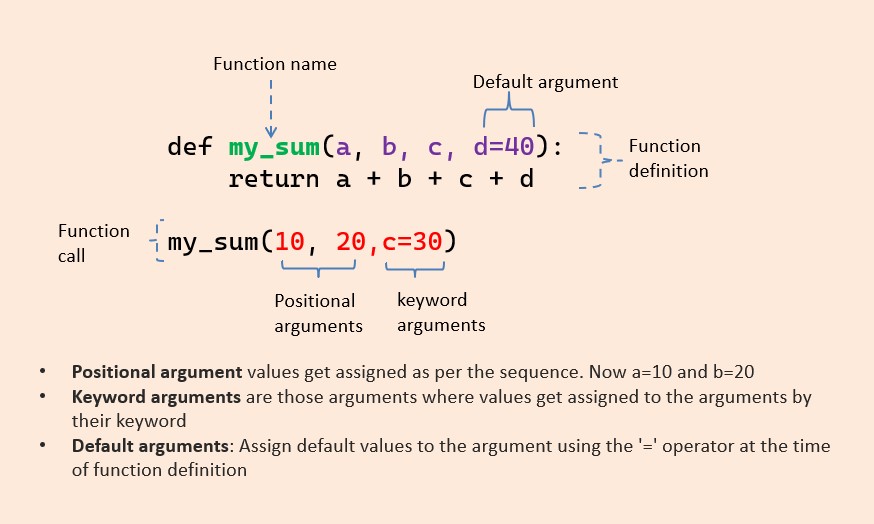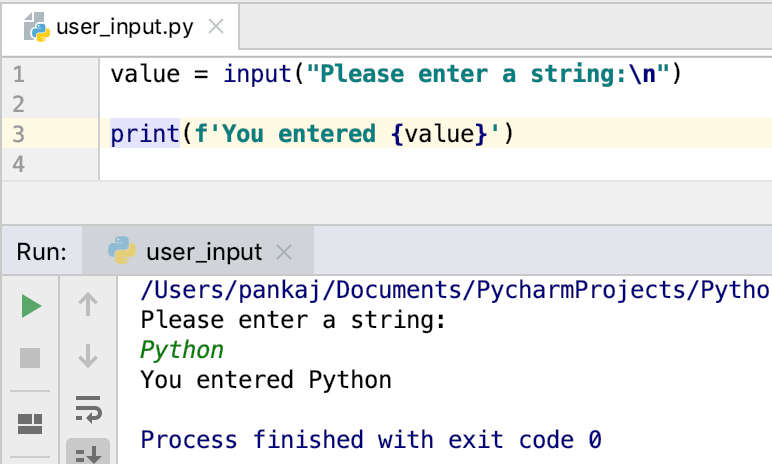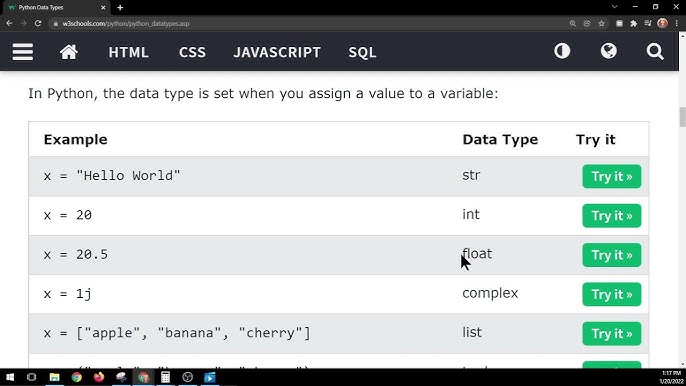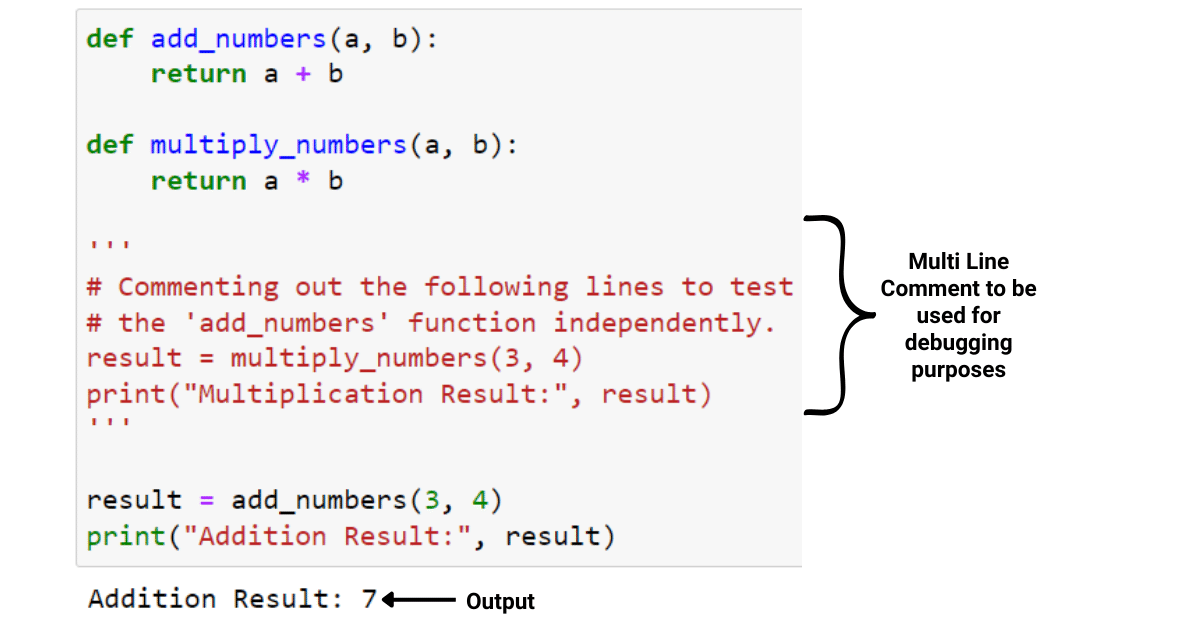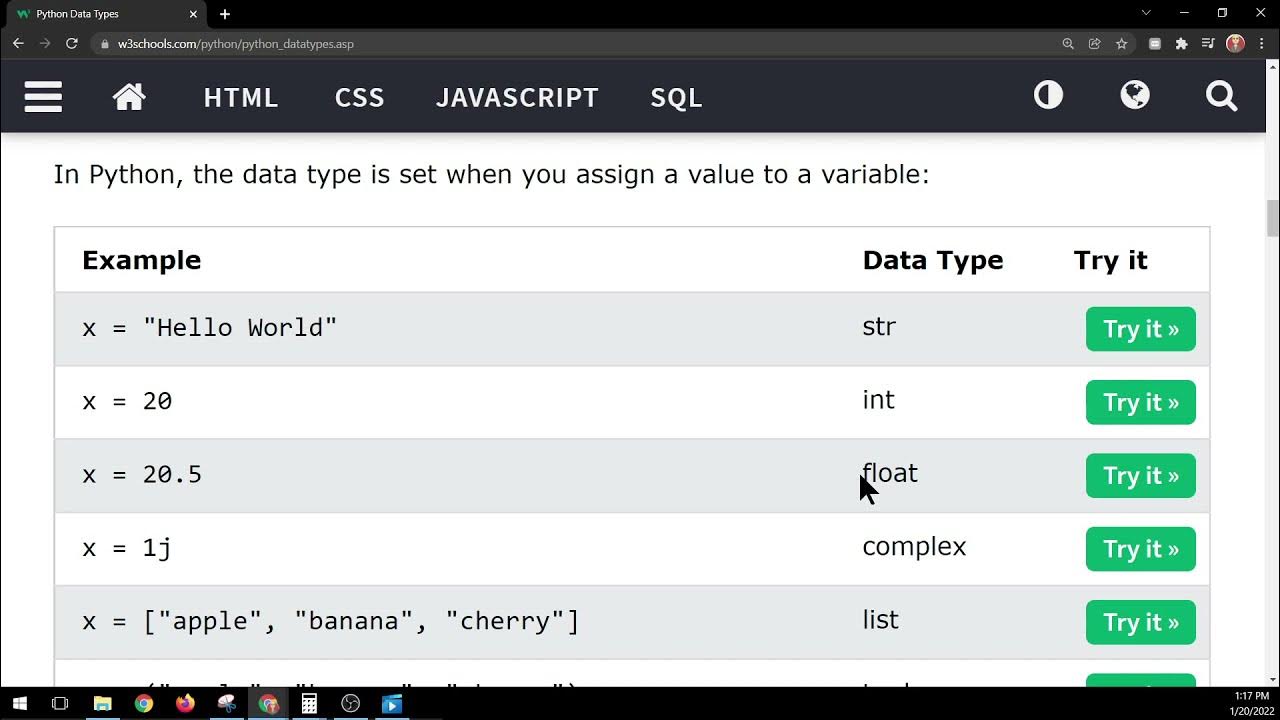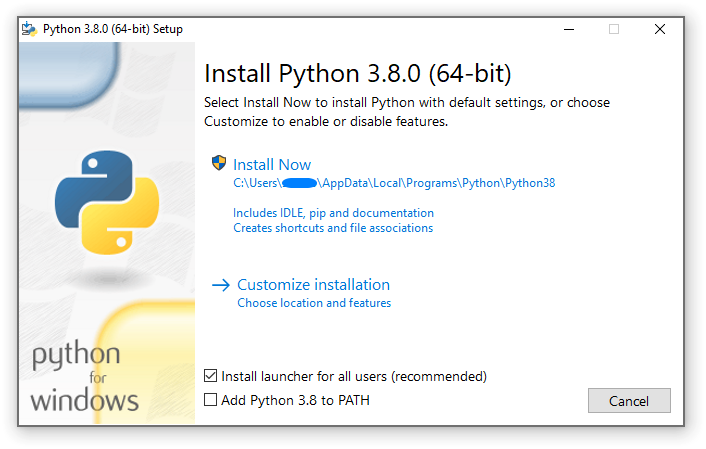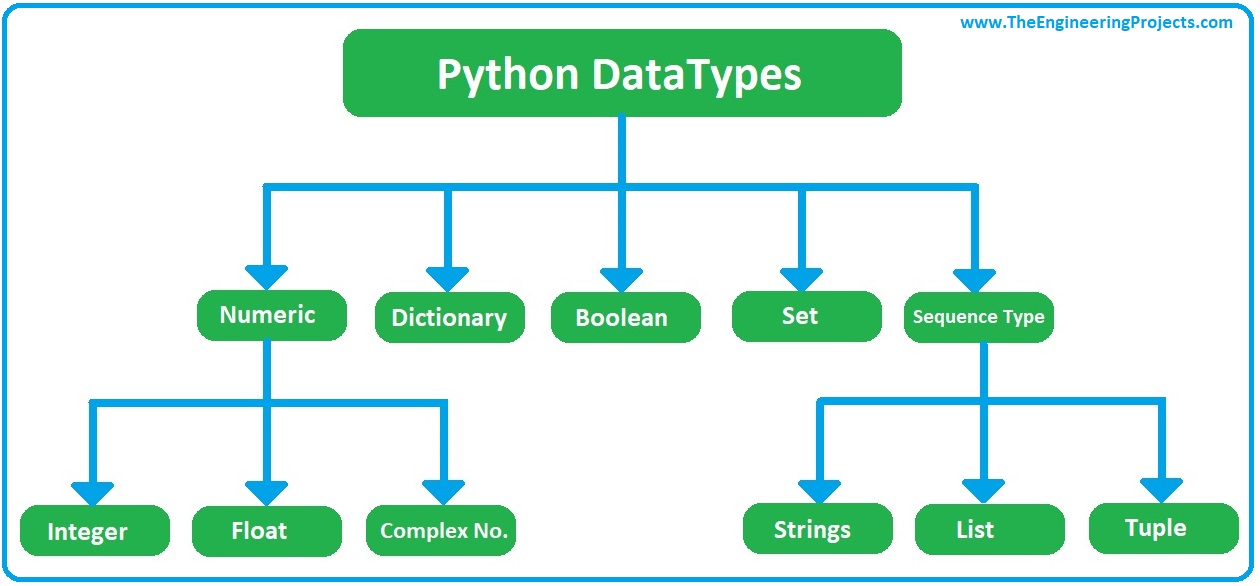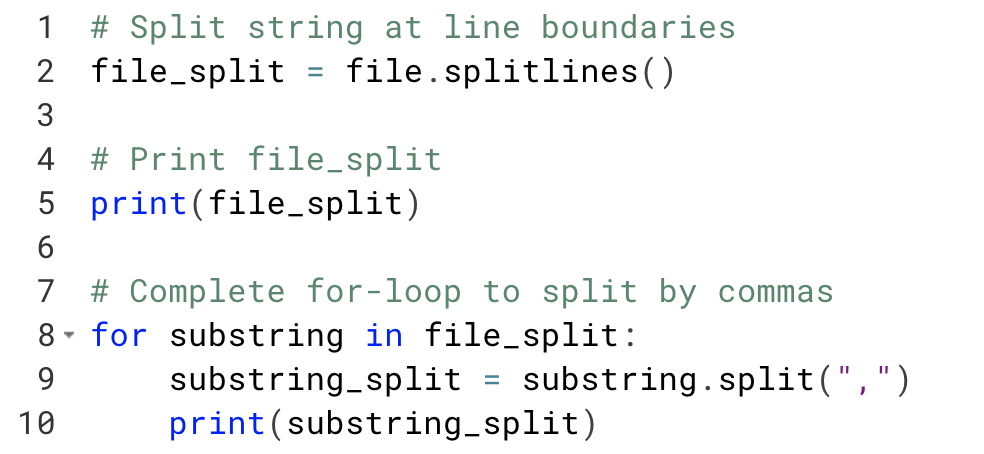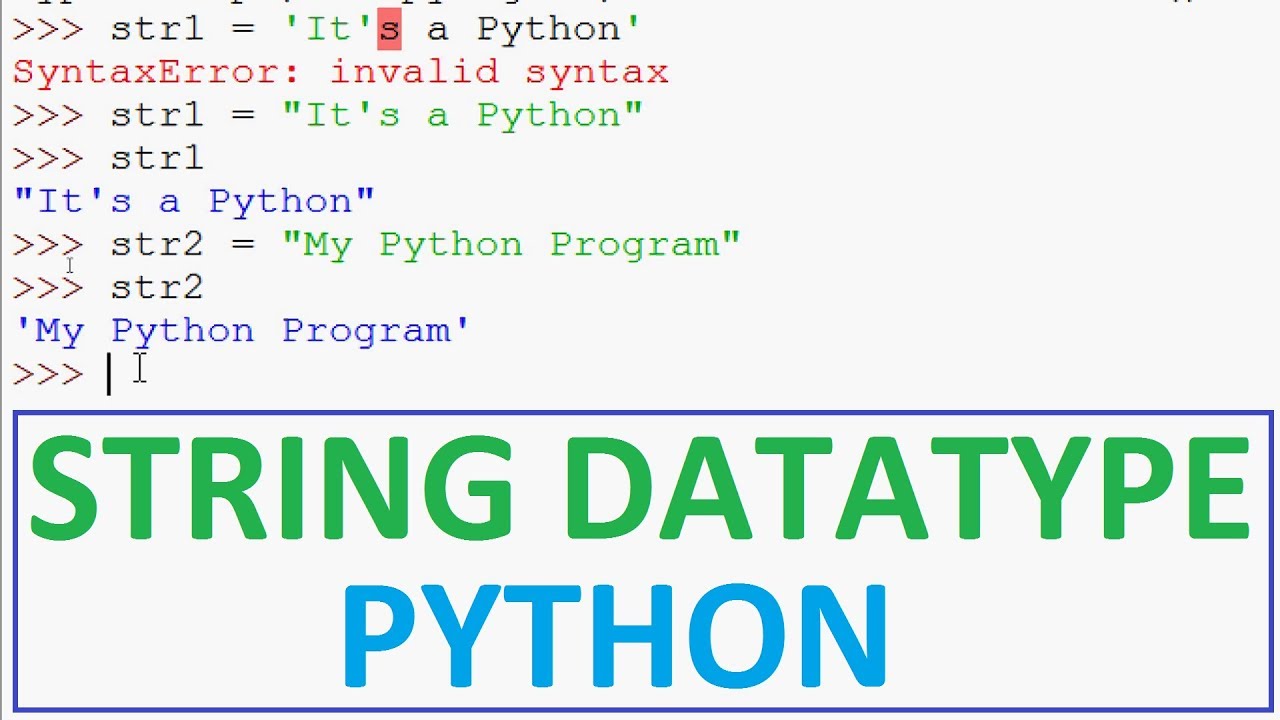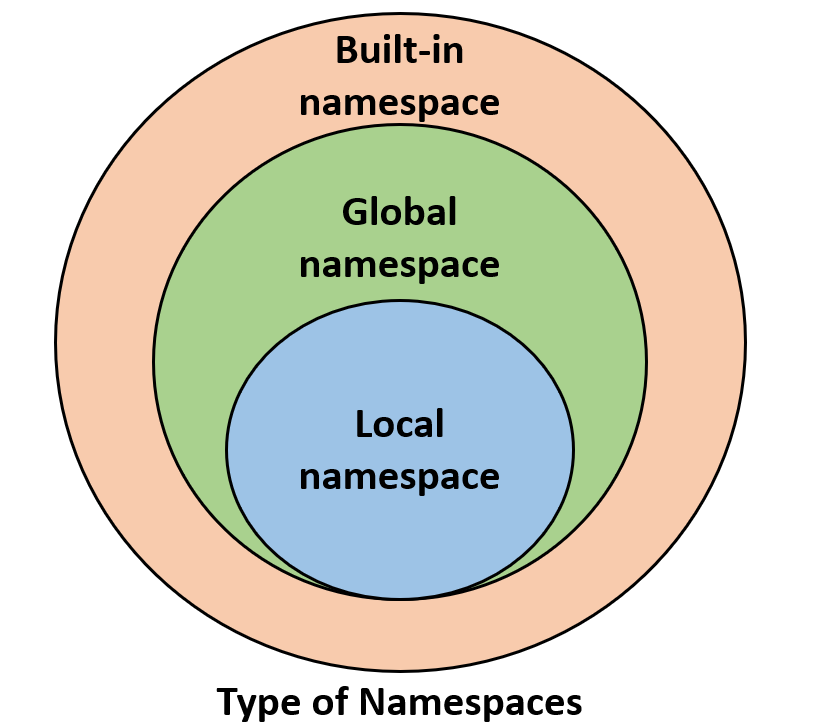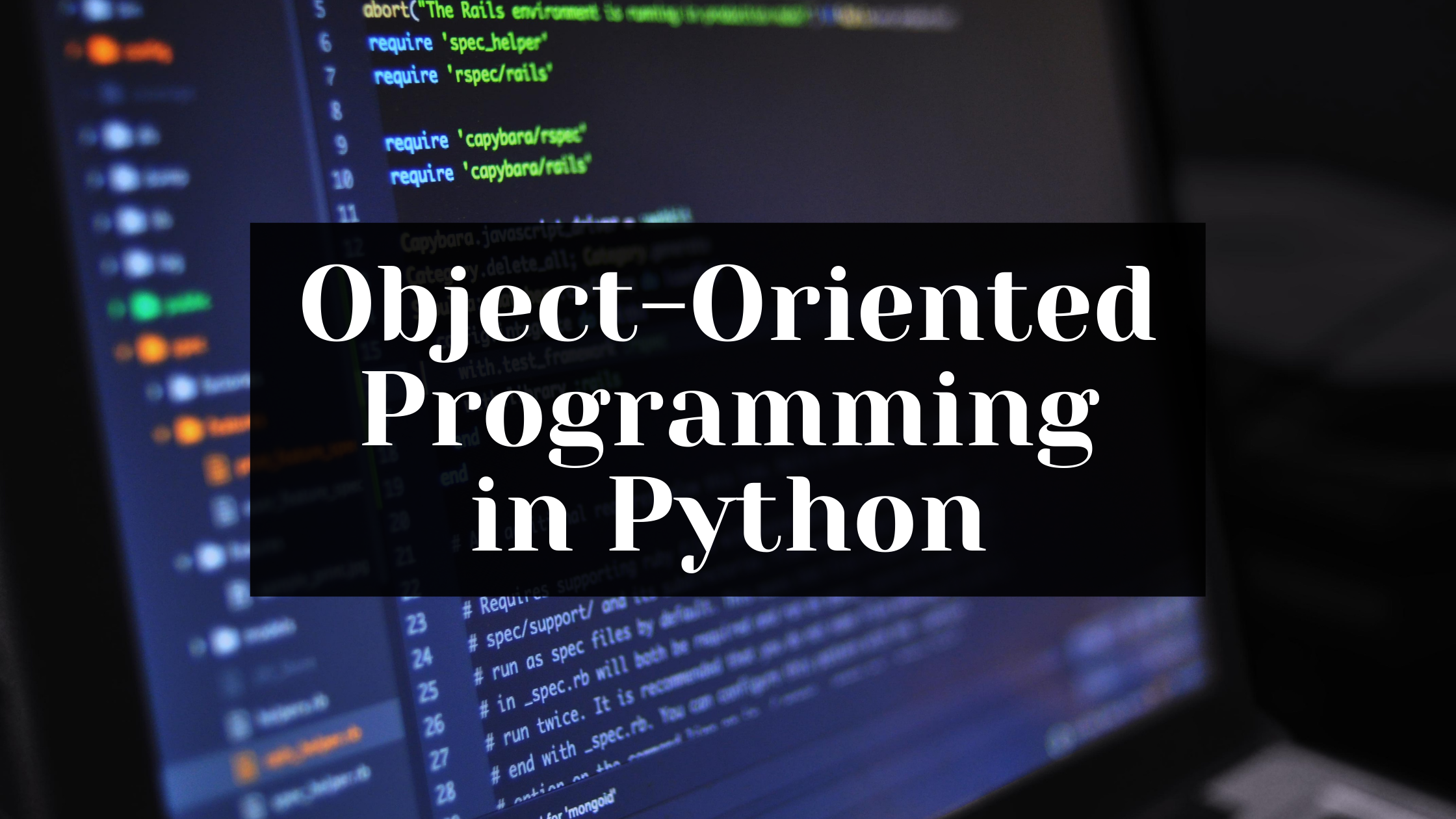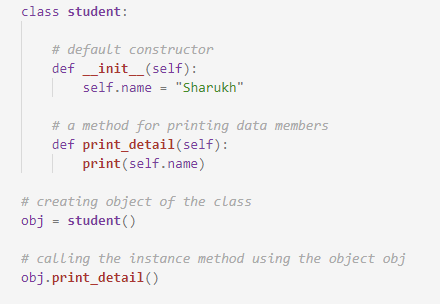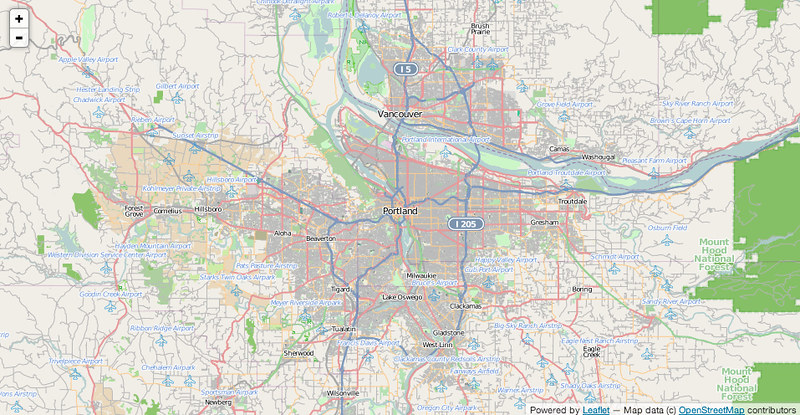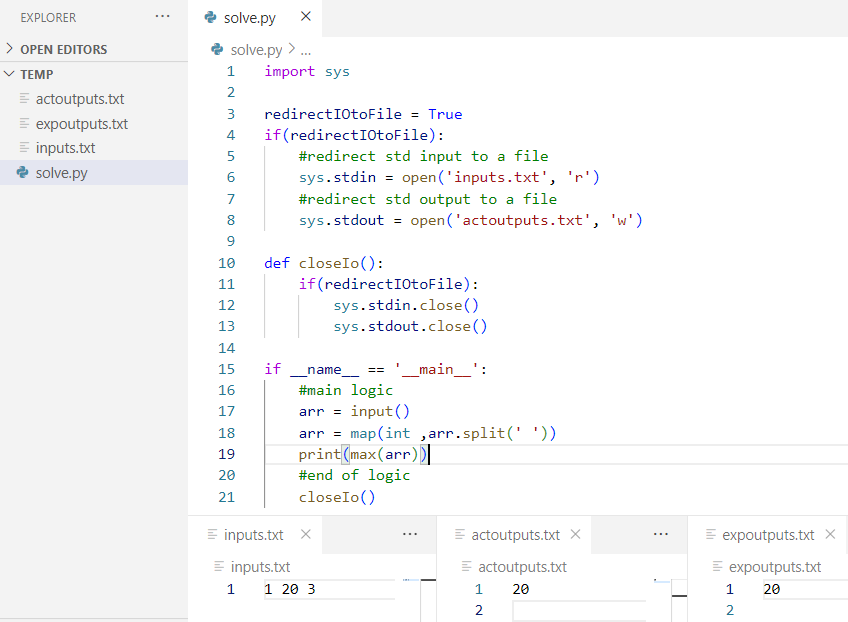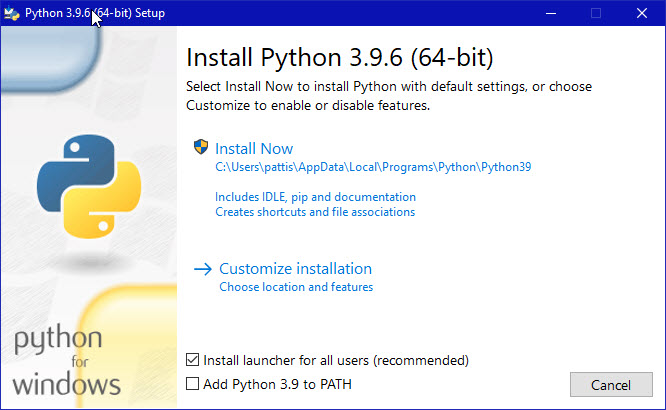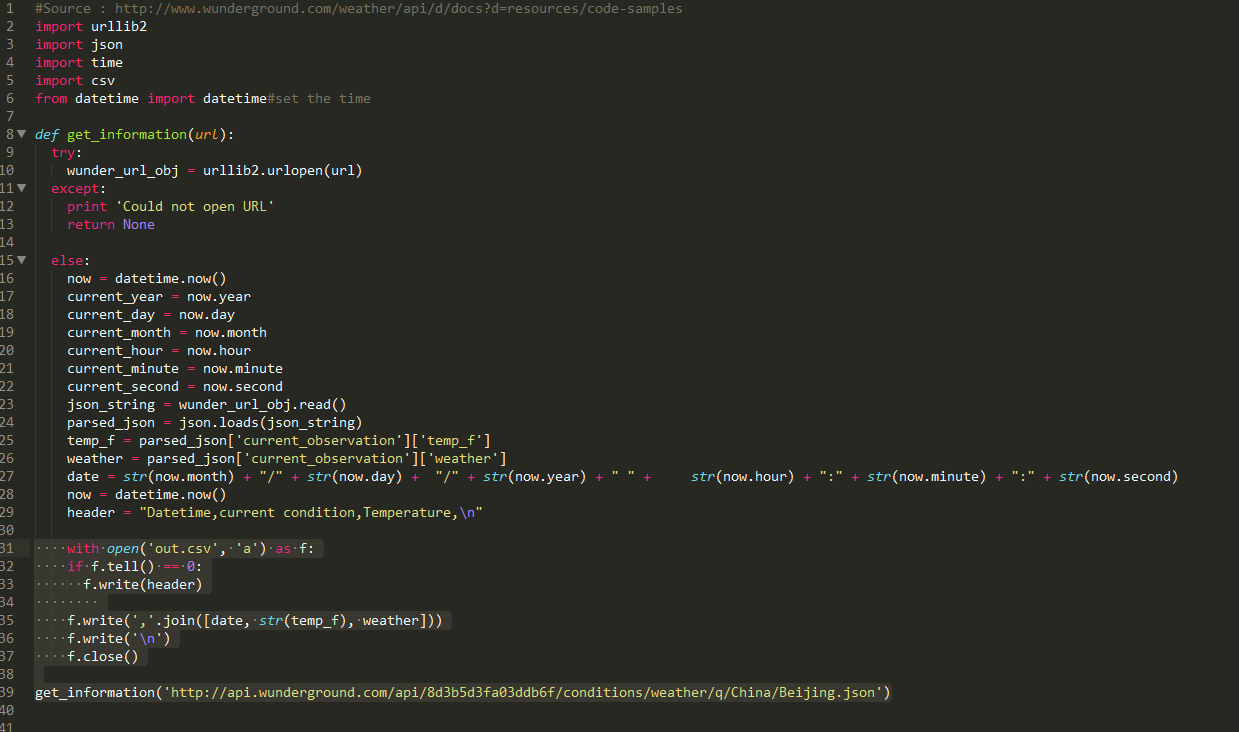Which is the fastest way to learn Python?
Which is the fastest way to learn Python?
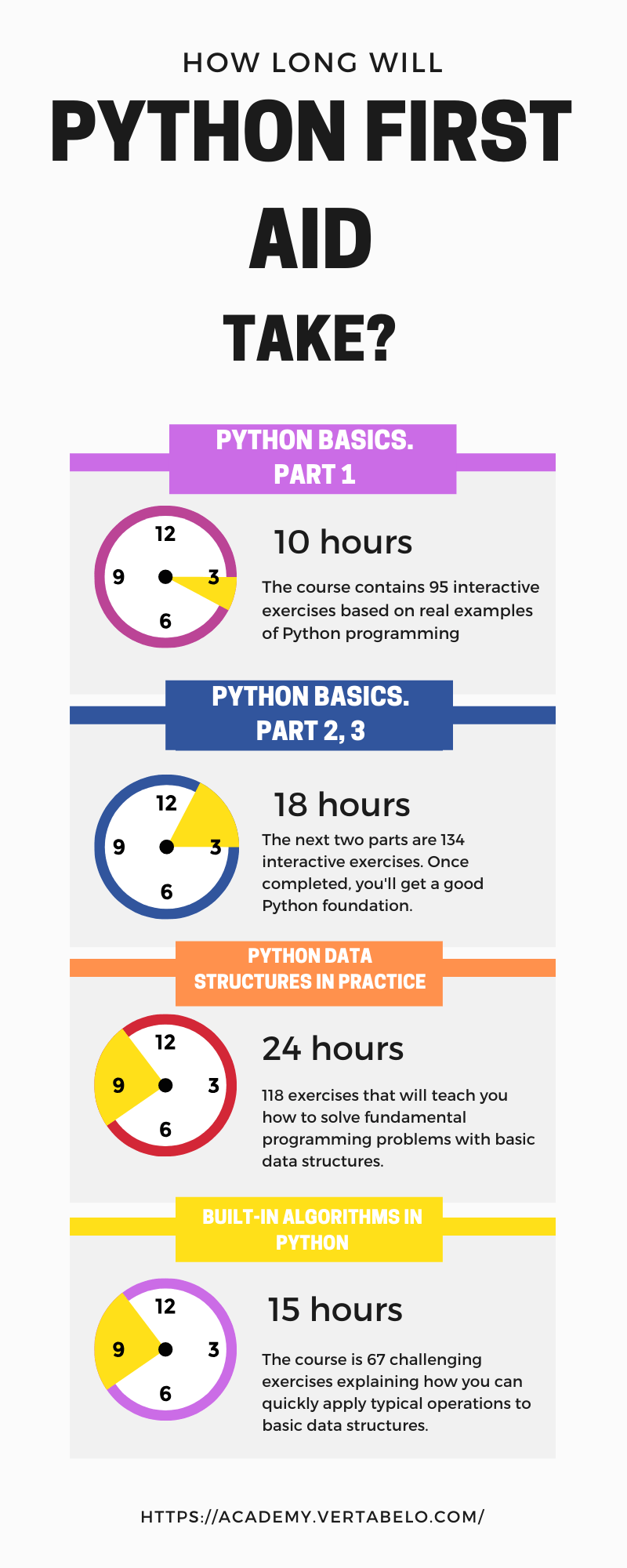
Learning Python!
Python is an amazing programming language with a vast range of applications, from data science and machine learning to web development and automation. Whether you're a beginner or an experienced developer, there are several ways to learn Python. Here's a comprehensive guide on the fastest way to learn Python:
1. Online Courses
Massive Open Online Courses (MOOCs) like Coursera, edX, and Udemy offer structured courses with video lectures, quizzes, and assignments. Some popular Python courses include:
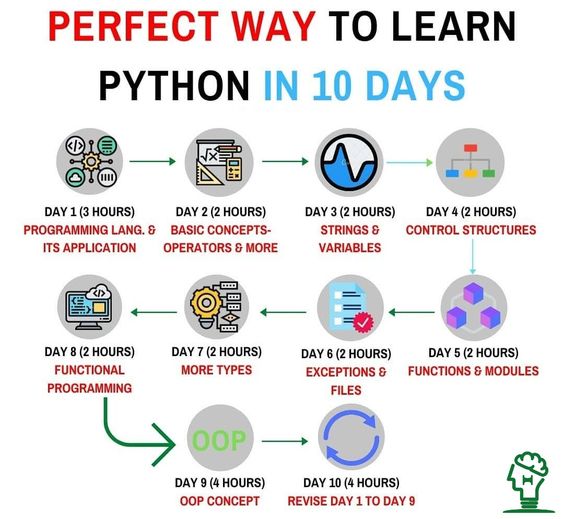
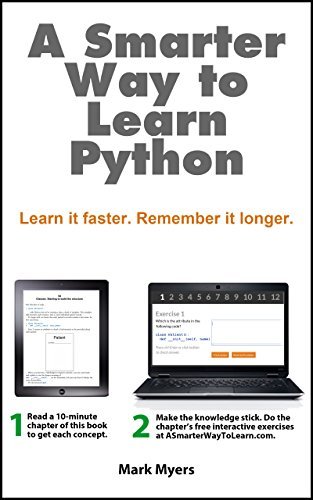
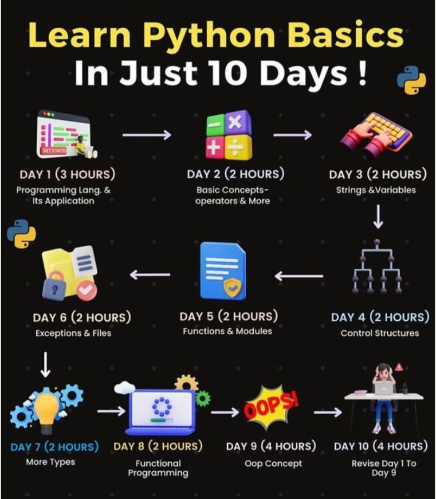
2. Tutorials and Guides
Websites like W3Schools, Tutorialspoint, and Real Python provide step-by-step guides, examples, and exercises to help you learn Python.
W3Schools: "Python Tutorial" Tutorialspoint: "Python Tutorial" Real Python: "A Beginner's Guide to Learning Python"3. Books
Classics like "Python Crash Course" by Eric Matthes, "Python for Data Analysis" by Wes McKinney, and "Automate the Boring Stuff with Python" by Al Sweigart provide in-depth knowledge and hands-on exercises.
"Python Crash Course" (Eric Matthes) "Python for Data Analysis" (Wes McKinney) "Automate the Boring Stuff with Python" (Al Sweigart)4. Practice
Hands-on experience is essential to learning Python! Start by writing simple scripts, then move on to more complex projects.
Try online platforms like HackerRank, LeetCode, or Codewars Create a personal project, like building a chatbot or web scraper5. Join Online Communities
Participate in discussions, forums, and social media groups dedicated to Python learning:
Reddit: r/learnpython, r/Python Stack Overflow: Python tag GitHub: Explore open-source projects and learn from others6. Find a Mentor or Study Group
Connect with experienced developers, join online study groups, or find a mentor who can guide you through the learning process.
Meetup.com: Python meetups and study groups Facebook Groups: "Python Learners" or "Python Enthusiasts"7. Real-World Applications
Learn by doing! Apply your newfound skills to projects that interest you, such as:
Data analysis with Pandas and NumPy Web development with Flask or Django Automation with PyAutoGUI8. Take Online Exams
Practice with online exams to test your knowledge and identify areas for improvement.
Python.org: "Python Exam" W3Schools: "Python Quiz"In conclusion, the fastest way to learn Python is through a combination of:
Structured courses (online or offline) Hands-on practice (writing scripts, creating projects) Real-world applications (using Python in your daily life) Online communities and study groups Finding a mentor or study groupRemember, learning a programming language takes time and dedication. Stay motivated, persistent, and patient, and you'll become proficient in Python!
Best way to learn Python for free
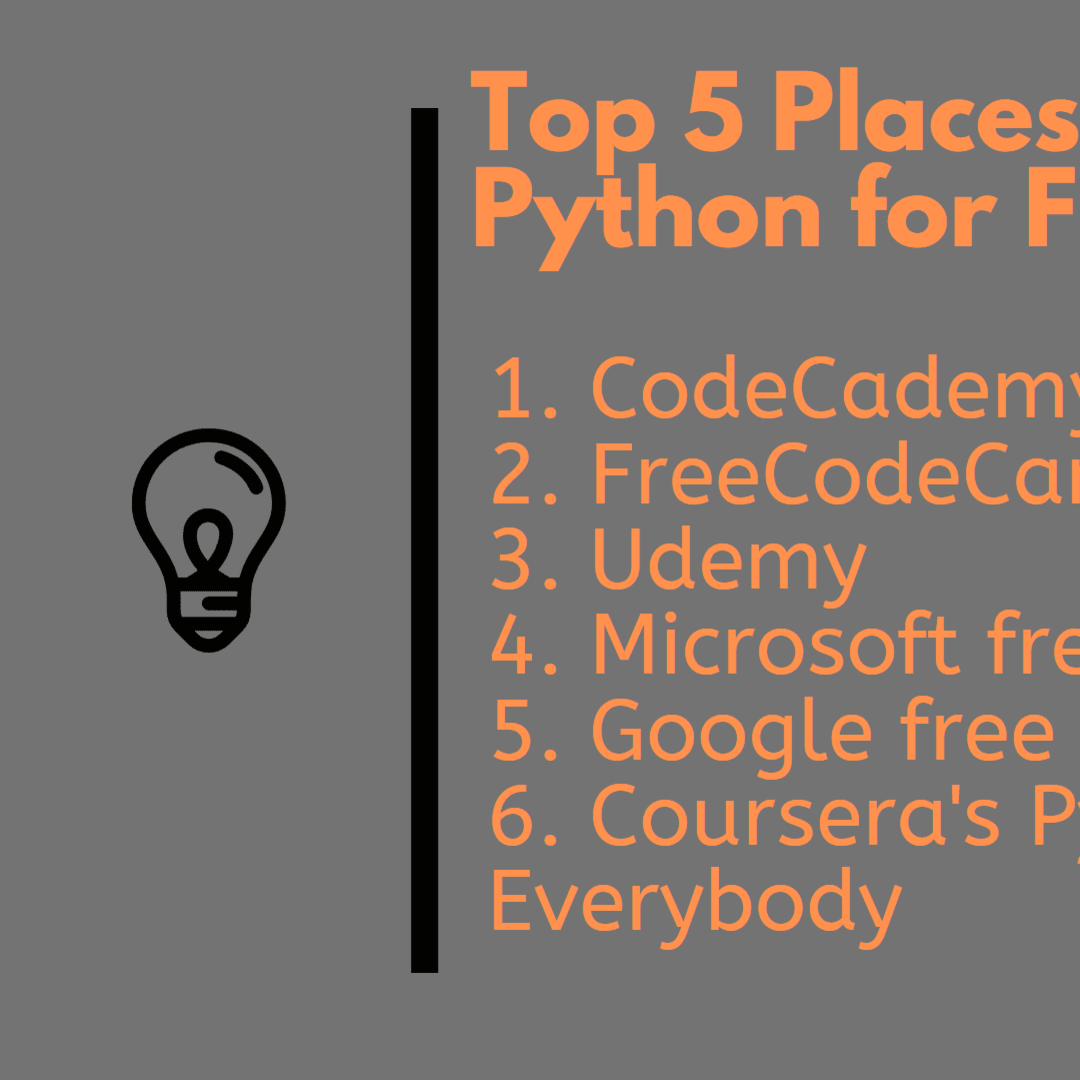
Learning Python without spending a fortune is definitely possible! Here's a comprehensive guide on the best ways to learn Python for free:
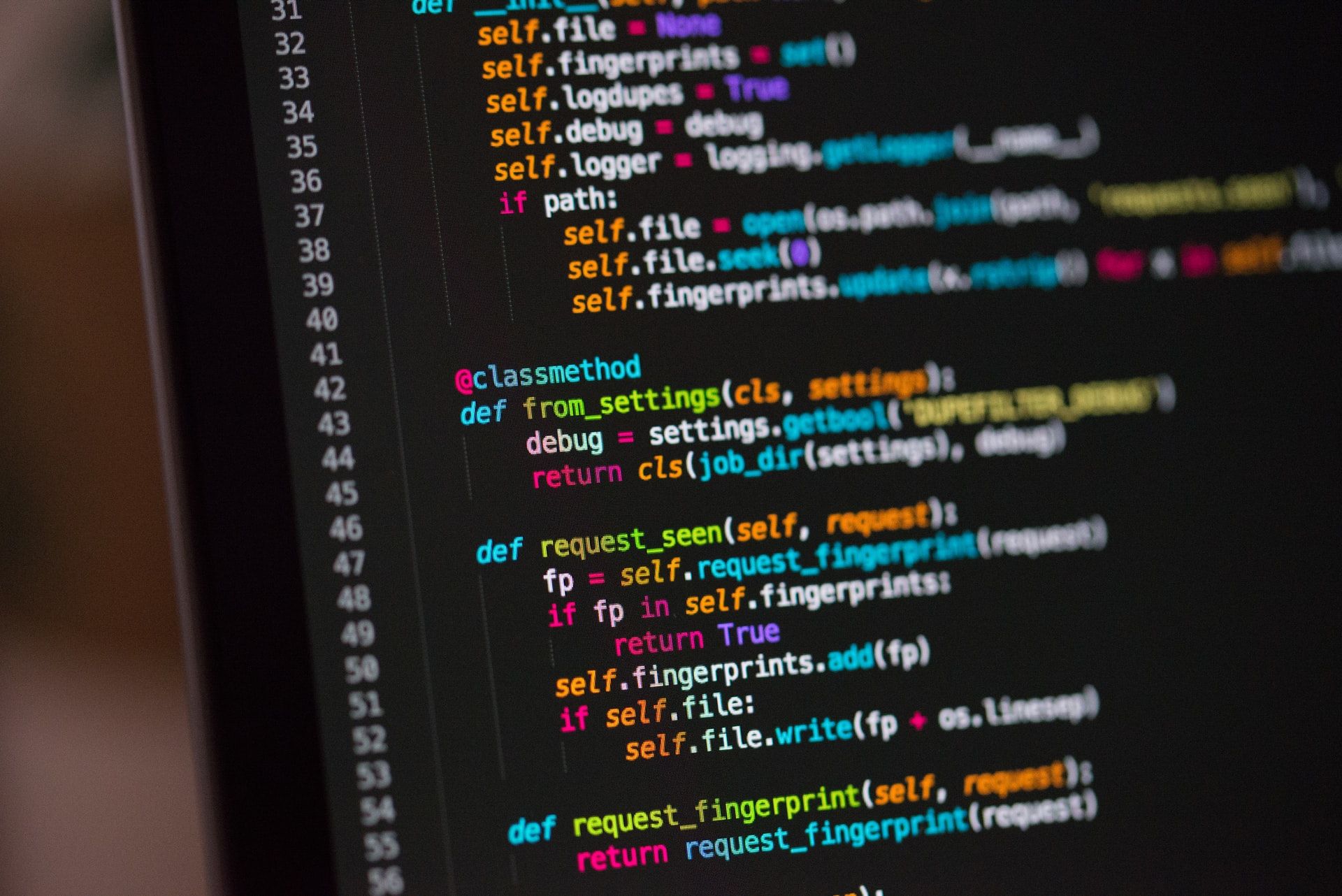
Online Courses:
Codecademy's Python Course: Codecademy offers an interactive and hands-on Python course that covers the basics, data structures, and file input/output. Python.org's Official Tutorial: The official Python website has a comprehensive tutorial that covers the language fundamentals, including variables, control structures, functions, and more. Google's Python Class: Google offers a free online class on Python programming, covering topics like syntax, data types, and modules.Tutorials and Guides:
W3Schools' Python Tutorial: W3Schools provides an easy-to-follow Python tutorial with examples, covering basic syntax to advanced concepts. FreeCodeCamp's Python Guide: FreeCodeCamp offers a step-by-step guide on Python programming, focusing on practical applications and real-world scenarios.Books:
"Python Crash Course" by Eric Matthes: This free eBook is an excellent resource for beginners, covering the basics of Python programming.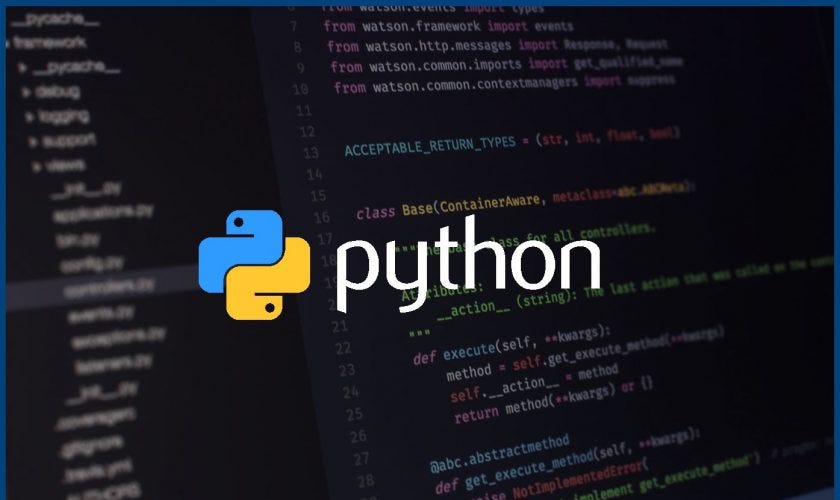
Communities and Forums:
Reddit's r/learnpython: Engage with other learners, share resources, and get feedback on your projects. Stack Overflow's Python Tag: Ask questions, get answers, and participate in discussions about Python programming.Practice and Projects:
TryPython.org: This website offers a variety of exercises, quizzes, and games to help you practice Python coding. Kaggle's Python Tutorials: Kaggle provides hands-on projects on machine learning, data analysis, and more, using Python as the primary language.Miscellaneous:
YouTube Channels: Channels like Corey Schafer (Python Programming), freeCodeCamp, and Traversy Media offer engaging video tutorials and explanations. Podcasts: Listen to podcasts like "Talk Python To Me" or "The Python Podcast" for insights from experienced developers and industry experts.Remember, learning a programming language takes time, patience, and practice. Focus on building projects, experimenting with code, and asking for help when needed. Good luck, and happy coding!
